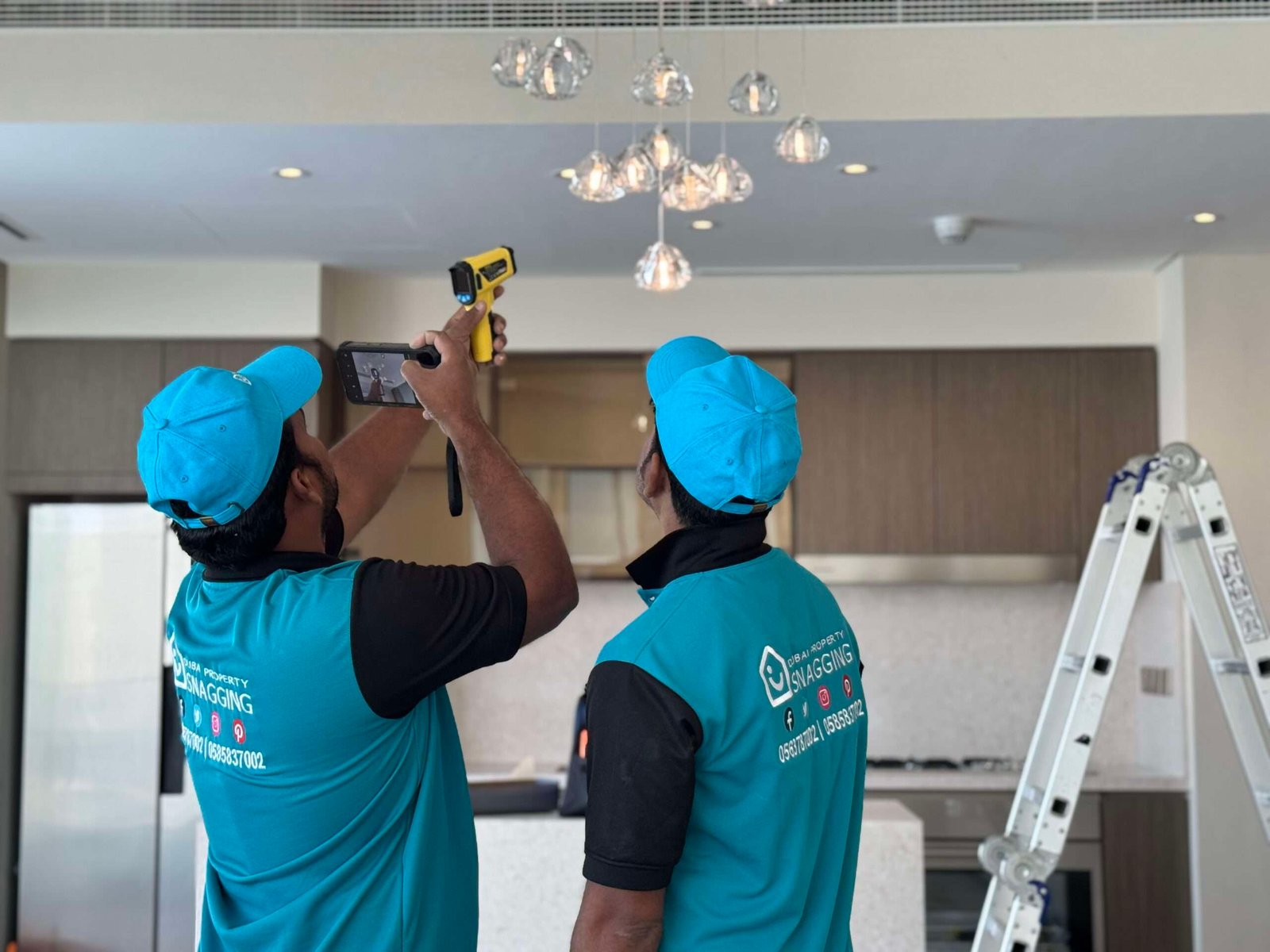The Role of Quality Assurance During Property Renovations
Renovating a property can breathe new life into an old space, increase its value, and improve functionality. Whether you’re upgrading a single room or undertaking a full-scale renovation, maintaining a high standard of quality throughout the process is essential for achieving the best results. This is where Quality Assurance (QA) plays a crucial role.
Quality Assurance during property renovations ensures that all work is completed to the highest standards, meets safety regulations, and is carried out efficiently. From initial design through to the finishing touches, QA is key to preventing costly mistakes, ensuring compliance, and delivering a renovation that meets both the client’s expectations and long-term performance goals. In this blog, we’ll explore how Quality Assurance contributes to successful property renovations.
1. Establishing Clear Expectations and Standards
Before a renovation project begins, it’s essential to establish clear standards and expectations for quality. These standards can be defined in collaboration with the property owner, architects, designers, and contractors. QA ensures that everyone involved understands what is required and that work is consistently aligned with these expectations.
- How QA helps: Quality assurance defines the scope, materials, and techniques that must be used, ensuring that no compromises are made. It also sets benchmarks for performance, ensuring that every phase of the renovation meets agreed-upon criteria for quality.
- Example: If the renovation involves installing new flooring, QA ensures that the selected materials meet durability and aesthetic requirements, while also confirming that the installation process adheres to manufacturer guidelines.
2. Prevention of Defects and Mistakes
One of the biggest risks in renovation projects is the potential for defects, whether due to substandard materials, poor workmanship, or miscommunication between teams. These defects can lead to costly delays, rework, or even structural failures. Quality Assurance helps to identify and address potential problems before they escalate.
- How QA helps: QA professionals regularly inspect ongoing work, ensuring that construction methods follow best practices and that the materials used are up to standard. They perform checks at every stage of the project to detect errors early on, preventing them from causing long-term issues.
- Example: During the demolition phase, QA inspections ensure that structural elements such as load-bearing walls or foundations aren’t accidentally damaged. If any issues are identified early, they can be corrected before they interfere with the final result.
3. Ensuring Compliance with Regulations and Codes
Renovations, particularly those involving structural changes or electrical and plumbing work, must comply with local building codes, health and safety regulations, and environmental standards. Failure to meet these regulations can lead to fines, delays, or even the need to tear down or redo parts of the work.
- How QA helps: A key responsibility of QA during property renovations is to ensure that all aspects of the work comply with local regulations. This includes verifying that the construction meets code requirements for safety, accessibility, and environmental sustainability.
- Example: If a renovation includes upgrading electrical wiring, QA professionals will inspect the work to ensure it complies with national electrical codes. They’ll check for proper grounding, safe wiring, and adequate safety measures, ensuring the system will function safely and efficiently.
4. Maintaining Budget Control
Renovations can often go over budget due to unforeseen issues, changes in project scope, or errors in the initial estimates. QA plays an important role in helping control costs by identifying potential problems early, minimizing rework, and avoiding unnecessary expenses.
- How QA helps: By proactively monitoring the project, QA ensures that work stays on track and within budget. If any discrepancies or inefficiencies are detected, they are addressed immediately to prevent cost overruns. Additionally, QA can help identify areas where more affordable, high-quality alternatives might be used without compromising on the overall design.
- Example: If a plumbing issue arises during the renovation, QA professionals can investigate the problem and determine the most cost-effective solution to prevent unnecessary repairs or delays. By ensuring that work is completed efficiently, the renovation stays within the planned budget.
5. Minimizing Delays
Property renovations can easily fall behind schedule due to issues like uncoordinated work teams, delayed deliveries, or unforeseen complications. Delays not only affect the timeline but also increase project costs. QA helps to minimize these disruptions by ensuring that work is progressing according to the planned schedule and that any obstacles are addressed quickly.
- How QA helps: QA ensures that each phase of the renovation is completed in a timely manner by monitoring progress and keeping track of key milestones. If a problem arises, QA can implement corrective measures to keep the project on track. They also act as a liaison between different teams to ensure smooth coordination and minimize delays.
- Example: If a subcontractor is delayed in delivering a specific material, QA can proactively communicate with suppliers to ensure that the project stays on schedule. They may also find alternative solutions to avoid delays, such as adjusting the work sequence to accommodate the delay without affecting the final timeline.
6. Ensuring Safety
Safety is a top priority during any renovation project. Construction sites are inherently risky, with potential hazards like falling debris, electrical hazards, and improper handling of materials. QA helps ensure that safety standards are strictly adhered to, preventing accidents and injuries.
- How QA helps: QA professionals conduct regular safety audits, ensuring that the renovation site complies with OSHA (Occupational Safety and Health Administration) guidelines and other safety protocols. They check that all workers are using appropriate protective gear, that tools and equipment are in good working condition, and that safety measures are in place to avoid accidents.
- Example: During the installation of heavy equipment or structural modifications, QA teams will ensure that proper lifting techniques and safety equipment are used to protect workers from injury. They’ll also verify that scaffolding, ladders, and electrical systems meet safety standards to prevent accidents.
7. Enhancing Final Quality and Finishing Touches
The final stages of a renovation are crucial in determining the overall quality of the project. From painting to fixtures and finishes, these details often make the biggest impact on the final look and feel of the space. QA ensures that these finishing touches are executed flawlessly.
- How QA helps: QA professionals inspect the final finishes for aesthetics and quality, ensuring that they meet the client’s expectations. This includes checking for imperfections in painting, finishes on cabinetry, tiling, or flooring installation, and ensuring that all fixtures are securely installed and functional.
- Example: When laying down hardwood floors, QA ensures that each plank is properly aligned, finished to a high standard, and free from defects. Similarly, they’ll inspect the installation of light fixtures and ensure that all electrical components are safely and neatly installed.
Conclusion
Quality Assurance during property renovations is crucial for ensuring that the project is completed to the highest standards, within budget, on time, and in compliance with all safety and regulatory requirements. By identifying potential issues early on, ensuring effective communication between teams, and monitoring every stage of the process, QA plays a vital role in delivering a renovation that exceeds expectations.
Ultimately, integrating Quality Assurance into your renovation project helps ensure that your investment not only meets your vision but also provides long-term value, durability, and safety. Whether you’re renovating a home, commercial property, or historic building, QA ensures the final result is a space you can be proud of for years to come



